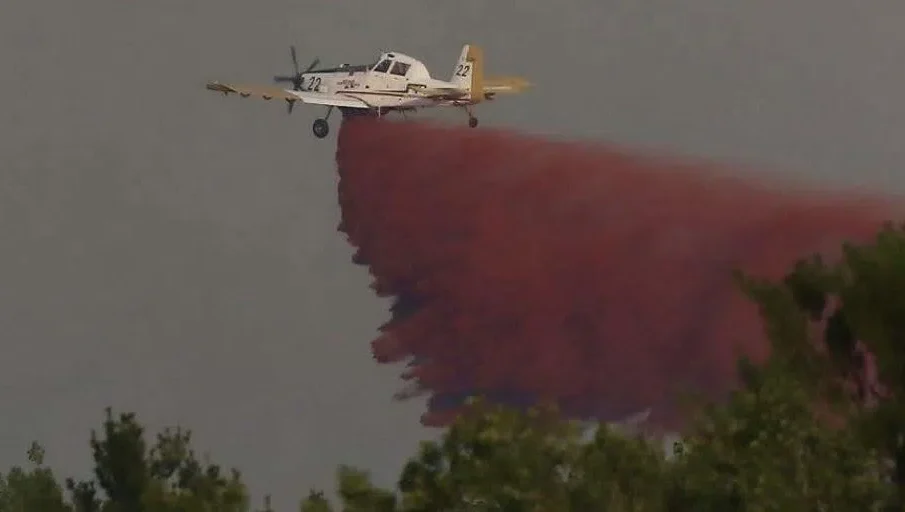Understanding the Irishtown Fire: Causes and Consequences

Introduction
The recent fire in Irishtown, New Brunswick, has grabbed headlines and alarmed local residents due to its rapid spread and significant damage. This incident underscores not only the importance of fire safety and preparedness in rural communities but also the increasing frequency of such natural disasters amid climate change. Understanding the circumstances surrounding this fire can help communities better prepare for the future.
The Incident Details
On October 15, 2023, firefighters responded to reports of a fire in a densely wooded area near Irishtown. The fire, which started in the early afternoon, rapidly escalated due to dry conditions and strong winds. Approximately 100 volunteers and emergency personnel worked tirelessly to contain the blaze, which threatened nearby homes and wildlife.
By the end of the day, it had burned an estimated 250 acres. Authorities reported that several homes were damaged, but no injuries were recorded, thanks to a swift evacuation plan for residents living nearby. The local fire chief stated that the rapid response helped prevent further losses, crediting effective community organizing and cooperation with neighboring municipalities.
Investigating the Cause
As investigations continue, officials are examining various factors that could have contributed to the fire. Initial reports suggest it may have been sparked by human activity, but they have not ruled out natural causes such as lightning. The Department of Natural Resources and Energy Development has emphasized the importance of proper fire prevention measures, especially during dry seasons, urging the public to remain vigilant.
Community Impact and Response
The impact of the fire on the Irishtown community cannot be overstated. Besides physical damage, the fire has fostered a sense of unease among residents about future incidents. Local leaders are working to provide resources for those affected, including temporary housing and counseling services. A community meeting is scheduled for next week to discuss recovery plans and strategies to enhance local emergency preparedness.
Conclusion
The Irishtown fire serves as a reminder of the vulnerabilities faced by communities in rural areas. As climate change continues to alter weather patterns, proactive steps in fire prevention and community readiness become essential. Local authorities encourage residents to engage in fire safety training and to stay informed about emergency procedures. The recovery process will require collaboration and resilience, ensuring that Irishtown emerges stronger and more prepared for potential future challenges.









